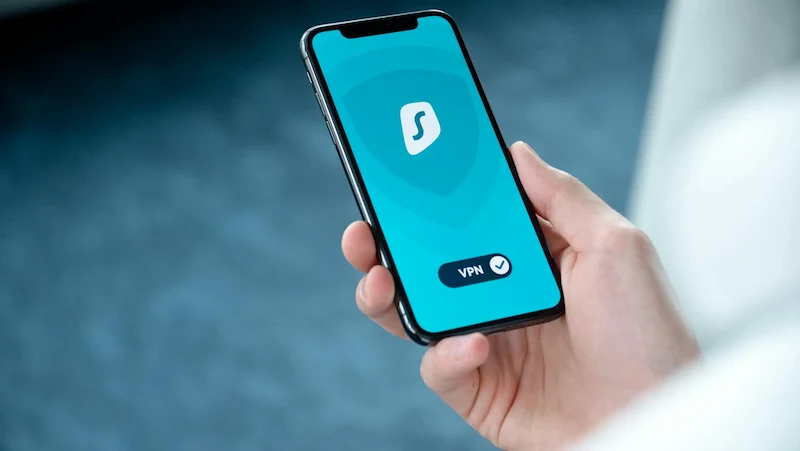Virtual private networks have made it quite easy to surf the internet without the fear of losing important and private data or facing some grave cyber dangers. These security measures are great at protecting against data breaches, cyberattacks, and spying, and they are constantly evolving to provide even greater protection for internet users. Let’s check out the ways technology has evolved VPN security measures.
Quantum-resistant protection
Since quantum computing, which uses quantum mechanisms to perform complex calculations and other tasks, is constantly improving, many people are worried that the present encryption techniques are not enough to support such processes. On the other hand, VPN security measures use encryption methods that are quite resistant to quantum computing and can keep sensitive data secure all the time, no matter how complex the calculations and tasks may be. These algorithms can withstand the processing power of quantum computing, making sure that all private information is protected from any cyber attacks and possible new technologies that can breach it.
Cloud-based VPN

Virtual private networks in the cloud are becoming more popular each day, as they can easily outperform older ones when it comes to their scalability, flexibility, and performance. This makes it easier for users to enjoy the internet safely, like when using Netflix VPN, where they can stream their favorite shows, movies, and documentaries from all over the world with this simple, yet amazing solution. VPN security measures can decrease latency and improve privacy, as they can keep sensitive data protected from traveling through many nodes where it can easily become a target of cyberattacks. Also, they use edge security features to enhance privacy and performance, and people all over the world use them to peacefully browse the internet.
Threat detection
Artificial intelligence and machine learning are using VPN security measures to detect potential threats and prevent them from causing more damage. These services can detect phishing, malware, and other cyber attacks, respond much faster than traditional VPNs, and identify other suspicious patterns. This is what makes VPN much more secure and improved, and it can take a proactive approach in making sure internet users and their private information is safe and sound all the time.
Multi-factor authentication
Virtual private networks use advanced multi-factor authentication procedures to improve their security measures, as they serve to confirm the user’s identity using passwords, fingertips, or special codes. This makes sure that no third party can enter the field of private and sensitive information, making it an additional security layer. Unauthorized people cannot gain access to such data as easily as they think, even if they crack the password, as multi-factor authentication presents an additional barrier that cannot be passed so quickly.
Luckily, many technological advancements have made it easier to use the internet without worrying about cyberattacks and other threats that lure people around and wait for people to make a single mistake that can put into danger all their private information. Cloud-based VPNs, AI and ML threat detection, quantum-resistant protection, and multi-factor authentication are just some of the examples of security measures that present a strong barrier against the dangers of the online world, and thanks to them, we can use the online space without fear and concern.
Want to explore something different? Effortless Payroll: How Check Printing Software Saves Time and Hassle

